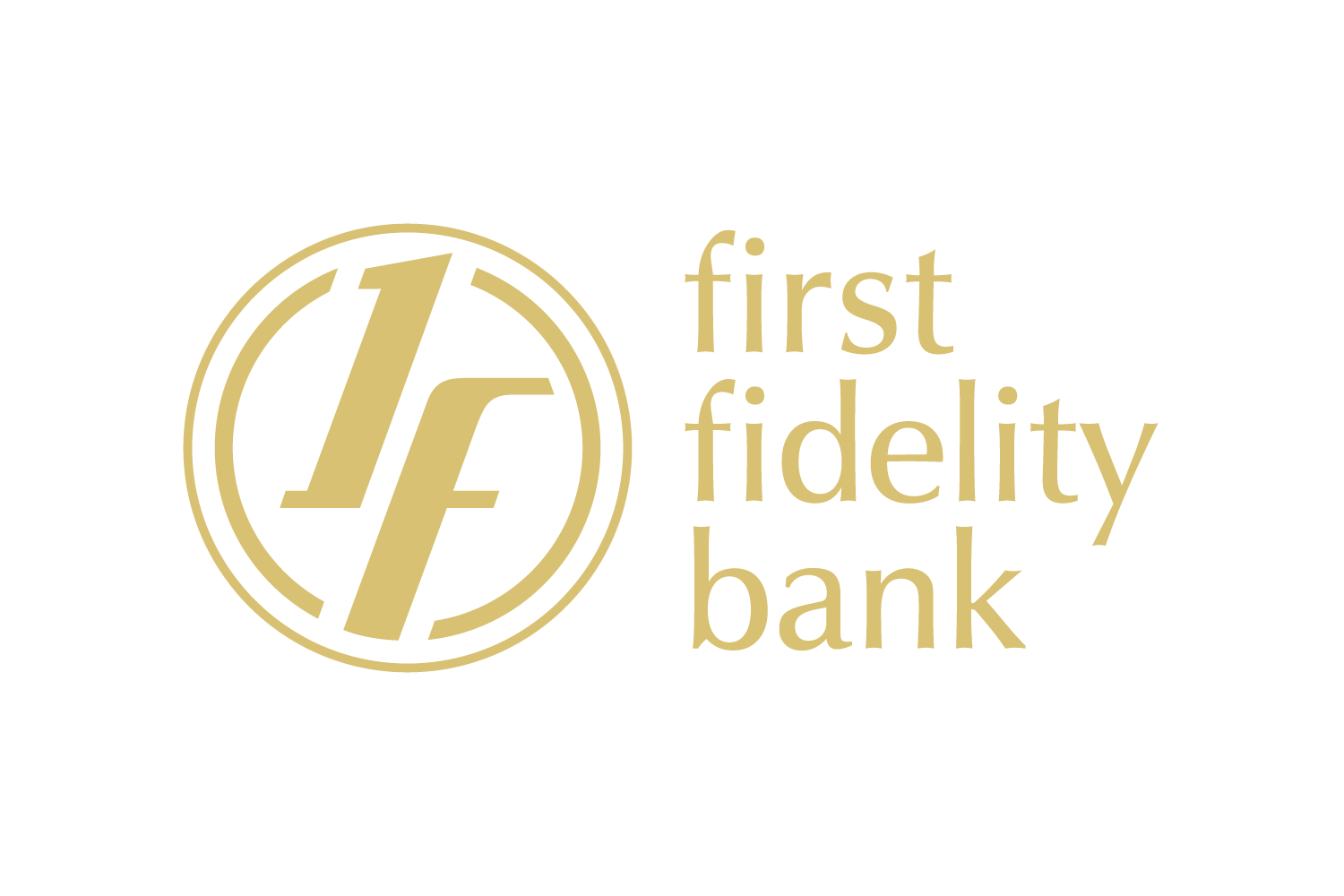Fraudulent Websites
Fraudulent Websites
Of growing concern today is the use of Fraudulent Web Sites by criminals to gain access to confidential and personal information that can be used for identity theft and fraud. Criminals create a website under a name that is very similar to a reputable business. The intent is to convince Internet users that the fraudulent website is valid, and get the user to provide confidential information such as a social security number, account numbers, user IDs and passwords, which in turn are used to steal identity or commit other fraudulent activities. Be aware of whom you are dealing with and to whom you are providing sensitive and personal information on a website.
If you feel that a website is questionable DO NOT provide any sensitive or confidential information until you are satisfied that it belongs to the entity with which you wish to do business. Finally, protect yourself by never sharing your user ID or password with anyone.
Avoiding Fraudulent Websites
With the following precautions, you can help protect your First Fidelity Bank accounts and personal information from fraudulent websites:
- Avoid clicking on links provided in an email. Instead, open a new browser window and type the website’s address (URL) directly into the address bar of your browser.
- Save or “bookmark” frequently visited and trusted websites to your list of favorites, then access those sites through your saved links.
- Inspect a URL carefully for the presence of an “@” symbol, for example billing@ffb-sd.com. This is a common sign of fraudulent websites. Even if the URL contains the phrase “FirstFidelity” it does not ensure that First Fidelity Bank controls the website.
- Be very suspicious of websites that display an IP address, or numerical address (e.g. 161.134.2.1), in your web browser’s address bar instead of a domain name (e.g. fffb-sd.com).
The FDIC has created a webpage (FDIC: Avoiding Scams and Scammers) to inform consumers of information the FDIC has made available concerning identity theft. Despite the efforts of law enforcement, identity theft is becoming more sophisticated and the number of new victims is growing. In general, consumers are protected against liability for unauthorized accounts or transactions under federal and state law and by financial industry practices. However, innocent victims of Identity theft sometimes do suffer losses. And, if the crime is not detected early, people may face months or years cleaning up the damage to their reputation and credit rating, they may lose out on loans, jobs and other opportunities in the meantime.


